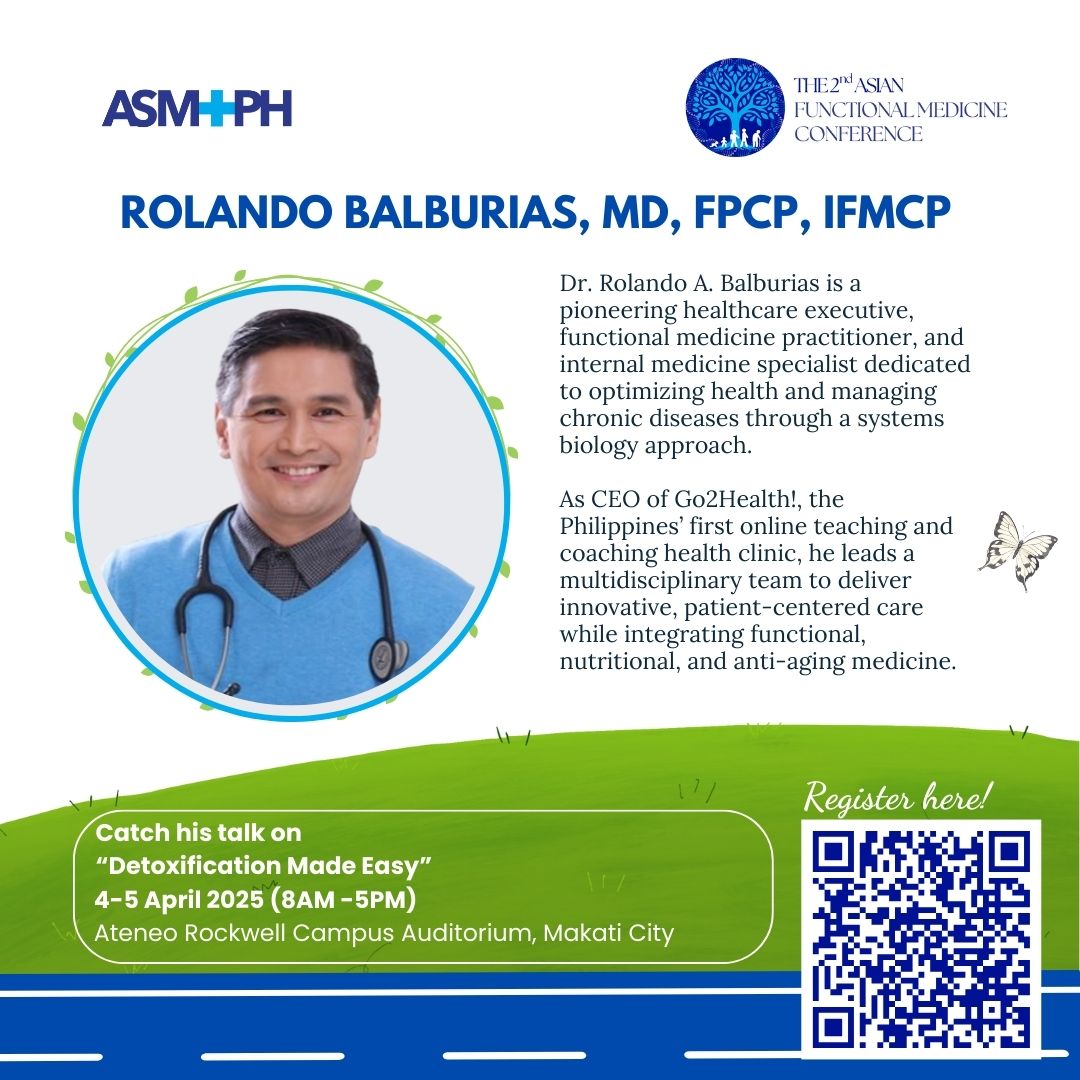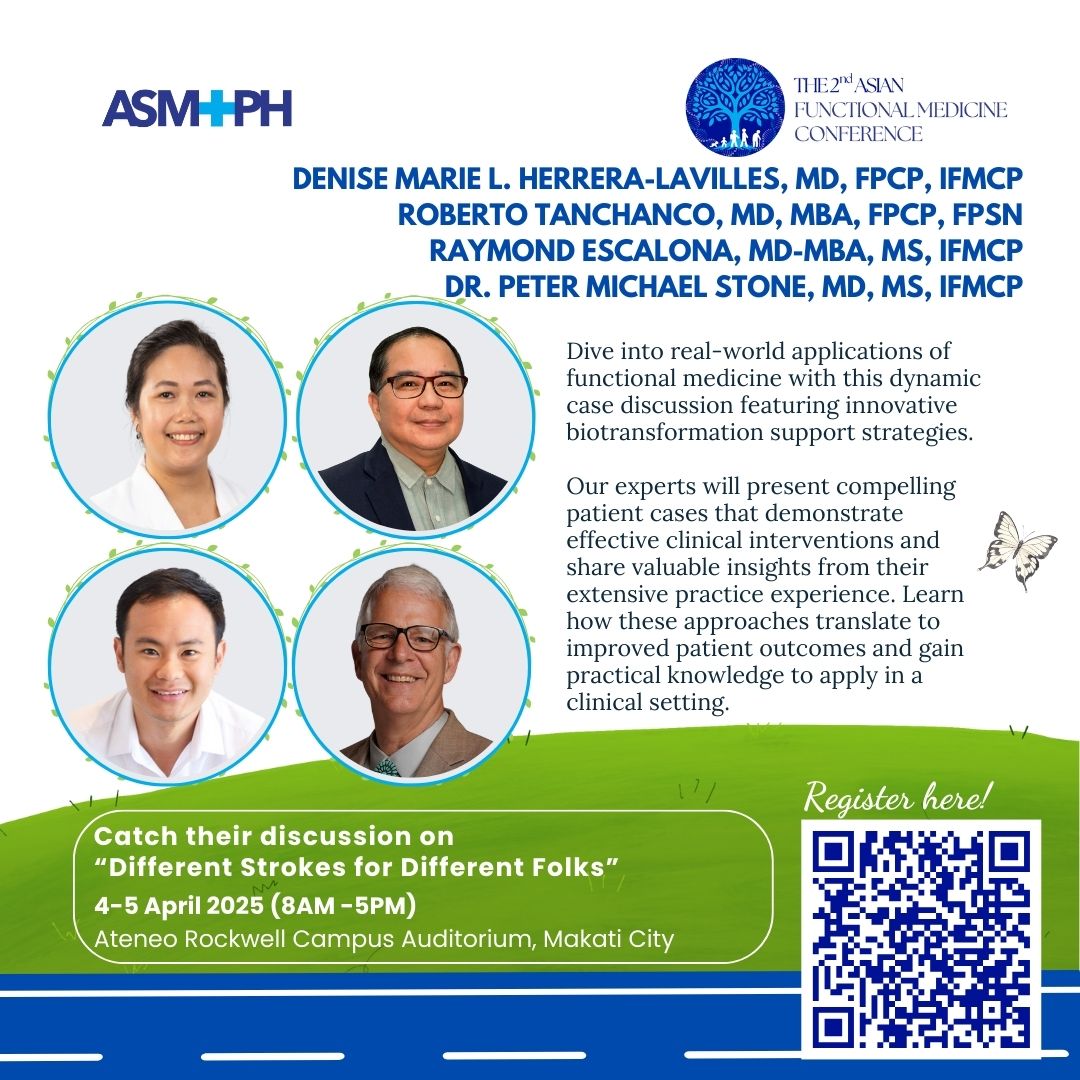
An ethnographic reading of the challenges in delivering primary health care in a rural, remote province of the Philippines
Introduction: Primary Care Physicians (PCPs) play a key role in ensuring effective healthcare in rural parts of the Philippines. This study aimed to gain insights into the experiences and perceptions of PCPs delivering primary health care in remote, rural communities.
Method: Long-term ethnographic fieldwork in 18 rural health units in one province (population ~ 632,000 and 44 PCPs): two-week observations and 14 semi-structured interviews with PCPs working in these facilities. Thematic analysis was applied to the ethnographic data.
Results: Four overarching themes emerged: Barriers to healthcare delivery. A stark scarcity of human health resources, a serious lack of physical infrastructure and medicines, high number of patients and competing priorities were significant barriers to good doctor-patient relationships and to delivery of effective primary care.
Multiple roles. The main PCP roles were not solely patient-focused. A wide range of managerial and governance tasks take PCPs away from the consultation room. They do not feel well-supported and often lacked skills to perform some of the non-clinical tasks.
Dealing with local politics around healthcare. PCPs are severely limited in their decision-making and action-taking power under a decentralized health system. PCPs report to the local mayors and most PCPs spend considerable time and energy in liaising with political actors.
Training needs and retention. PCPs working in geographically isolated, rural and underserved areas of the Philippines expressed professional and social isolation, frustration and desperation but also a sense of fulfilment.
Conclusion: Our study has important implications for the training, support and role expectations of PCPs.
-

Detoxification Made Easy: Dr. Rolando Balburias’ Expert Approach at the 2nd Asian Functional Medicine Conference
Unlock the secrets of effective detoxification with Dr. Rolando Balburias at the 2nd ASMPH Functional Medicine Conference! His practical session "Detoxification Made Easy" cuts through the complexity to deliver a clear, systematic approach to supporting your body's natural cleansing processes. Learn to confidently guide patients through the entire detoxification journey with evidence-based tools and techniques that deliver real results. To know more about the other speakers, please visit: https://go.ateneo.edu/FMConference-program #ASMPH2025
-

Unlocking Personalized Healing: The Role of Functional Medicine in Patient Care
In today’s evolving healthcare landscape, the demand for personalized and holistic approaches to well-being is growing. Functional medicine is leading this transformation, offering innovative strategies that target the root causes of illness rather than just managing symptoms. Whether you’re a healthcare professional, a medical student, or simply someone interested in optimizing health, the 2nd Asian Functional Medicine Conference is an event you won’t want to miss. On April 4-5, 2025, at the Ateneo Rockwell Campus Auditorium in Makati City, esteemed experts in functional medicine will come together for an engaging discussion titled “Different Strokes for Different Folks.” This dynamic session will feature real-world applications of functional medicine, focusing on biotransformation support strategies that improve health outcomes.
